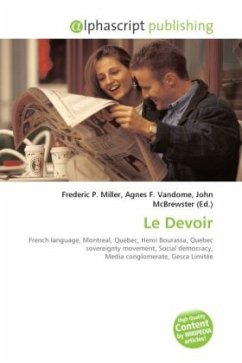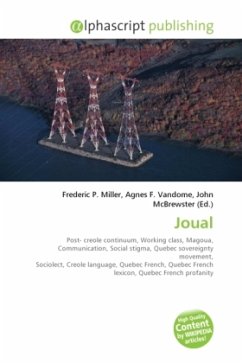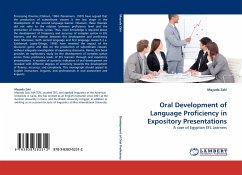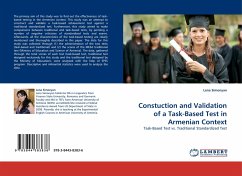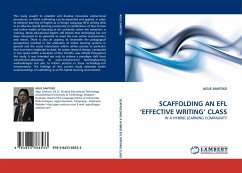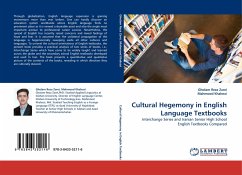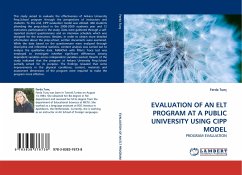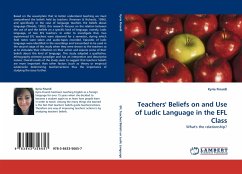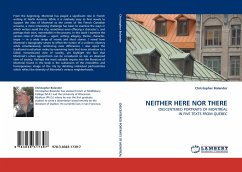
NEITHER HERE NOR THERE
(DE)CENTERED PORTRAITS OF MONTRÉAL IN FIVE TEXTS FROM QUÉBEC
Versandkostenfrei!
Versandfertig in 6-10 Tagen
52,99 €
inkl. MwSt.

PAYBACK Punkte
26 °P sammeln!
From the beginning, Montréal has played a significant role in French writing of North America. While it is relatively easy to find novels to support the idea of Montréal as the center of the French Canadian universe, a more interesting challenge has been to examine the ways in which writers avoid the city, sometimes even effacing a character's, and perhaps their own, montréalité in the process. In this book I examine the various roles of Montréal - agent, setting, allegory, theme, character, trope - in a wide range of novels and short stories. I reveal how Montréal's topography serves to...
From the beginning, Montréal has played a significant role in French writing of North America. While it is relatively easy to find novels to support the idea of Montréal as the center of the French Canadian universe, a more interesting challenge has been to examine the ways in which writers avoid the city, sometimes even effacing a character's, and perhaps their own, montréalité in the process. In this book I examine the various roles of Montréal - agent, setting, allegory, theme, character, trope - in a wide range of novels and short stories. I reveal how Montréal's topography serves to offset the notion of a uniform citizenry while simultaneously reinforcing class differences. I also reject the traditional rural/urban rivalry by examining texts that draw attention to a failed, romanticized view of rurality, yet highlight the fact that Montréal's urban egocentrism can be considered no less an idealized view of society. Perhaps the most valuable inquiry into the literature of Montréal found in the book is the subversion of the monolithic and homogeneous image of the city by detailing individual particularities which reflect the diversity of Montréal's various neighborhoods.



